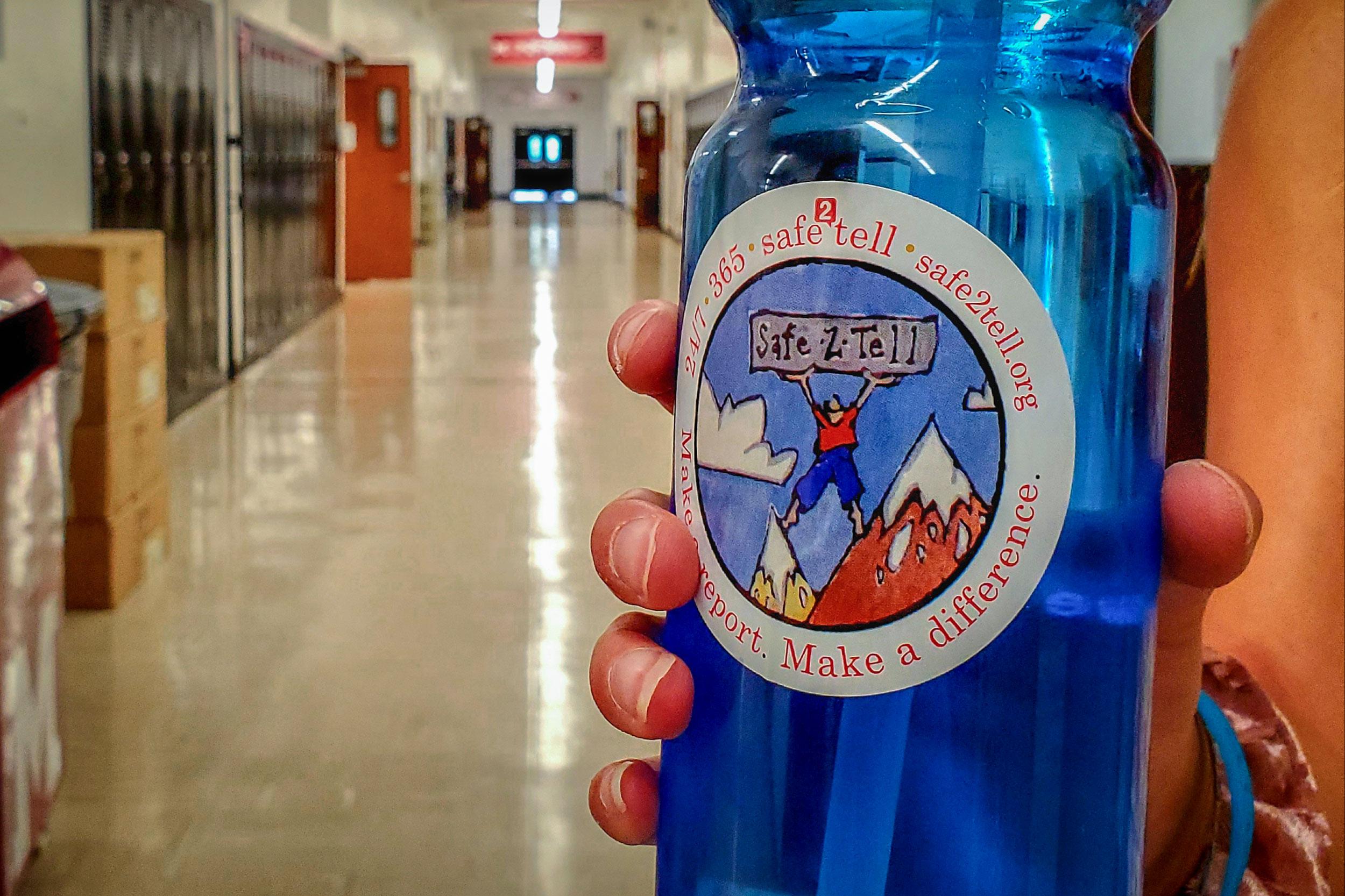
Safe2Tell, a hotline for Colorado students to anonymously report potential threats or school violence, received 28 percent more tips in the 2018-19 school year than the previous year.
The hotline received 19,861 actionable tips in the last school year. Actionable tips excludes test tips, duplicate reports, pranks and hang-ups. Nearly 4,000 related to suicide, more than 2,000 about drugs, and about 1,900 for bullying.
Program Director Essi Ellis said she sees this trend as students feeling more comfortable speaking up.
“With the increase of tip volume, we see that really as students and community members feeling empowered, breaking the code of silence and standing up for the safety of themselves,” Ellis said.
There was an uptick of reports in April and May 2019. That was during the 20th anniversary of Columbine and the shooting at STEM School Highlands Ranch.
The annual report has been submitted to the state education and judiciary committees in both the House and Senate.
State Attorney General Phil Weiser sent in his budget request Friday. In it, he asked for $129,908 for the Safe2Tell program to add school safety trainings. Additional training was a recommendation from Safe2Tell.
“There is no one-size-fits-all solution to school safety,” Weiser said in a press release. “The increase in tips shows that students are taking responsibility for the safety of their schools and their friends.”
Safe2Tell releases an annual report about total tips received and recommendations for the program. Those included a designated school contact in each school district and the Board of Cooperation Educational Services (BOCES). Those contacts would assist in training, serve as a liaison among Safe2Tell, police, and school districts, and oversee the quality of tips.
The report also said the program wants to work more with law enforcement and encourage them to opt-in to its digital program. Many are not enrolled but still receive tips by fax.









